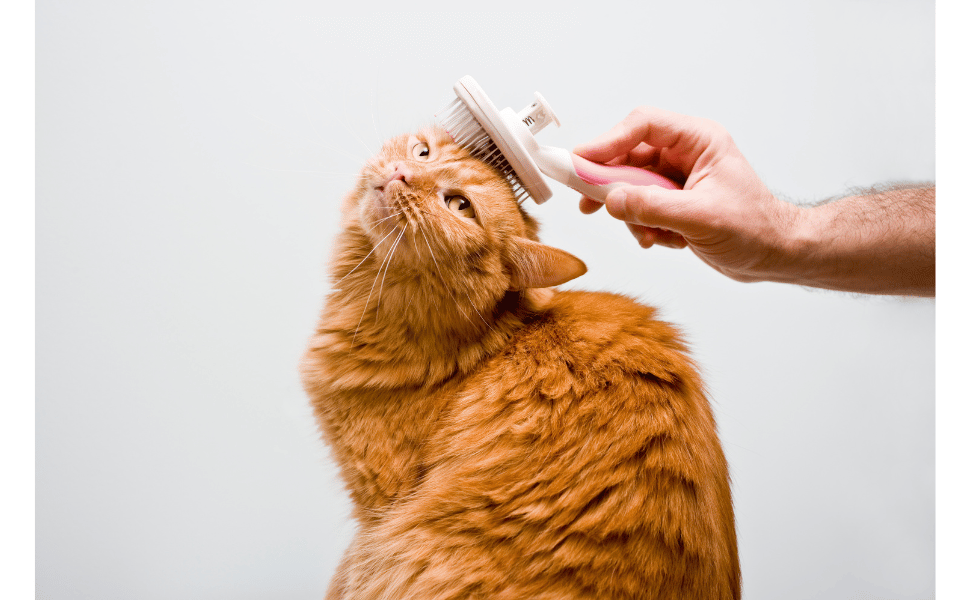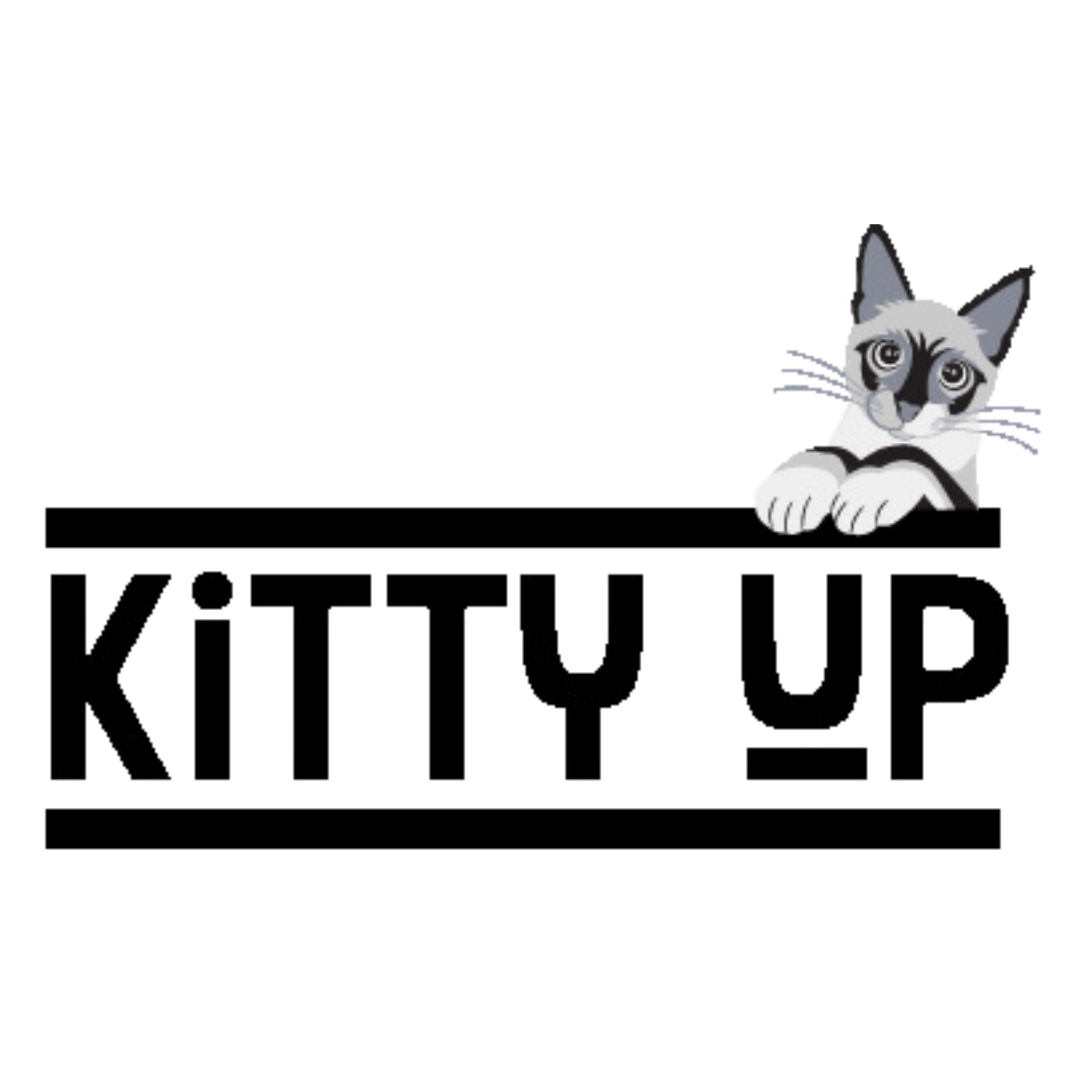🐾 Hairball Remedy for Cats: What You Should Know
What Are Hairballs and Why Do Cats Get Them?
Natural Grooming Behavior and Hair Ingestion
Grooming is an intrinsic feline ritual—an act of self-care practiced with fastidious devotion. Using their barbed tongues, cats routinely clean their fur and swallow the loose hairs they dislodge. Unlike many animals, cats do not possess the physiological capacity to digest fur.
Most of this ingested hair passes harmlessly through the digestive tract. However, some accumulates within the stomach and congeals into a compact, cylindrical mass—what we commonly call a hairball.
How Hairballs Form in the Digestive Tract
Hairballs, or trichobezoars, are the result of hair that escapes natural elimination. Over time, strands intertwine and meld with digestive fluids, slowly forming a dense obstruction. When large enough, the body attempts to expel it via retching or vomiting.
This is how hairballs form in cats: through a perfect storm of grooming, ingestion, and impaired gastrointestinal transit. Low fiber intake, not drinking enough water, or slow digestion can all raise the chance of needing cat hairball treatment.
Breeds and Grooming Habits That Raise Risk
While all cats are susceptible, certain breeds are more prone to hairball accumulation. Cats with long fur, such as Persians, Maine Coons, and Ragdolls, tend to shed more abundantly. Cats with compulsive grooming habits—often caused by stress or dermatological issues—may ingest excessive fur.
Senior cats also tend to struggle more with hairball elimination due to reduced digestive efficiency and mobility.
Common Symptoms of Hairballs
Vomiting vs Coughing vs Gagging
The spectacle of a cat attempting to expel a hairball is unmistakable. Gagging, dry heaving, and retching often precede the expulsion of hairballs.
Distinguishing between vomiting and coughing is essential. Vomiting usually results in a physical mass—often tubular and slightly moist. Coughing, on the other hand, may indicate a respiratory condition.
If your cat frequently coughs without vomiting, investigate the underlying reason. It might be a breathing issue rather than a stomach problem.
Behavioral Signs of Discomfort
Hairballs don't always emerge immediately.. Some linger, causing subtle signs of distress.
Cats may appear listless, reduce their food intake, or eat grass to induce vomiting. Others may crouch or isolate themselves. These behavioral symptoms of hairballs in cats can mimic other health concerns, making close observation essential.
When a Hairball Is More Than Just a Hairball
While hairballs are common, they should not be chronic. If your cat often vomits, seems constipated, or has a swollen belly and low energy, it may have an obstruction. In such cases, immediate hairball treatment for cats and veterinary attention is critical.
How Can I Help My Cat Pass a Hairball?
Encourage Hydration and Gentle Activity
Hydration is key to digestive function. Offer fresh water in multiple bowls or invest in a pet fountain. Light activities, like play sessions that get your cat moving, can help with digestion. This may also assist your cat in expelling a hairball naturally.
Improve Gut Motility with Digestible Diets
Feed your cat high-protein, species-appropriate foods with added soluble fiber. This promotes regular bowel movements and prevents fur from accumulating in the stomach. A balanced, digestible diet supports the gut’s ability to eliminate hair efficiently.
Gentle At-Home Support (like brushing or fiber)
Routine brushing helps you remove loose fur before you can swallow it. Short-haired cats may need grooming once a week, while long-haired cats benefit from daily care. Natural fiber sources, like canned pumpkin or psyllium husk, are great home remedies for cat hairballs. Provide them sparingly.
What Breaks Up Hairballs in Cats?
Digestive Enzymes and Lubricants
Digestive enzymes help break down food and support the smooth movement of ingested hair. Some cat hairball remedies use lubricants to coat fur, reducing friction as it passes through the GI tract. These products act as mechanical aids rather than digestive ones.
Soluble Fiber and Digestive Support
Soluble fiber expands into a gel-like form that gently pushes fur through the intestines. It also helps prevent constipation and reduces the likelihood of hair clumping. Combined with healthy gut flora, fiber is a proven hairball treatment for cats.
Scientific Studies on Hairball Reduction
A study in the Journal of Feline Medicine and Surgery found that cats on a fiber-rich diet had fewer hairballs. Their stool quality improved significantly. This supports the effectiveness of non-pharmaceutical approaches such as diet, hydration, and digestive support in managing hairballs.
What Do Vets Recommend for Hairballs?
Clinical Guidelines on Hairball Frequency
Veterinarians generally consider one hairball per month within the normal range. A professional should evaluate more frequent occurrences, especially those accompanied by vomiting, constipation, or lethargy.
Over-the-Counter Aids and Prescription Diets
Vets may recommend over-the-counter lubricants, hairball control treats, or special diets. These diets are high in fiber, Omega fatty acids, and digestive enzymes. These options target both prevention and elimination and are often central to a vet's cat hairball treatment plan.
When Hairballs Signal Underlying Conditions
Frequent or severe hairballs can be signs of deeper issues like inflammatory bowel disease, intestinal parasites, or endocrine disorders. Diagnostic testing helps uncover these causes so treatment can go beyond symptomatic relief.
What Is a Natural Hairball Remedy for Cats?
Fiber Sources like Pumpkin or Psyllium
Psyllium husk and unsweetened pumpkin serve as natural remedies for cat hairballs. These soluble fibers improve intestinal transit and are gentle enough for regular use. Introduce gradually to prevent digestive issues.
Healthy Oils in Small Amounts
Coconut oil and fish oil provide mild internal lubrication and support coat health. These healthy fats can reduce shedding and ease the passage of fur. Use sparingly, as excessive oil can cause loose stools.
Lifestyle and Environmental Adjustments
Stress and boredom often lead to excessive grooming. Offer your cat vertical spaces, window perches, interactive toys, and daily routines to prevent overgrooming. These holistic cat hairball remedies address root causes, not just symptoms.
How to Prevent Hairballs in the Future
Grooming Routine for Different Coat Types
Consistent grooming is one of the best ways to prevent cat hairball issues. Use the right tools for your cat’s coat type and keep sessions stress-free. Frequent brushing reduces the amount of loose fur that pets can swallow.
Encouraging Healthy Digestion Long-Term
Feed high-quality, easily digestible food that reflects your cat’s natural dietary needs. Meals that are rich in moisture and probiotic supplements can help with digestion. This can reduce the need for hairball medicine for cats.
Environmental Stress and Overgrooming Prevention
Design a serene, stimulating environment for your cat. Avoid sudden changes, minimize noise, and ensure each cat has access to their own food, litter, and rest areas. Emotional wellness supports physical wellness—reducing the need for constant hairball relief for cats.
When to See a Vet
Red Flag Symptoms of Hairball Blockage
Seek veterinary care if your cat experiences:
Repeated vomiting without producing a hairball
Loss of appetite
Lethargy
Abdominal swelling
Straining in the litter box
These may indicate a life-threatening blockage that requires urgent intervention.
Hairballs in Senior or Chronically Ill Cats
Elderly cats and those with digestive or metabolic disorders are at greater risk. Be alert for initial warning signs. If hairballs happen often or come with other symptoms, talk to your vet regularly.
Diagnostic Tools and Vet Assessments
Veterinarians may use imaging like X-rays or ultrasound. They might also use endoscopy or lab tests. This helps them determine if the problem is just a hairball or a more serious GI issue. Addressing the root cause is always better than treating symptoms alone.
FAQs About Hairballs in Cats
How can I help my cat pass a hairball?
Encourage water intake, promote gentle activity, and support digestion with fiber-rich food and regular grooming.
What breaks up hairballs in cats?
Lubricants, soluble fiber, and digestive enzymes help reduce friction and ease passage through the GI tract.
What do vets recommend for hairballs?
Vets recommend grooming routines, fiber-enhanced food, OTC lubricants, and in some cases, prescription diets.
What is a natural hairball remedy for cats?
Pumpkin purée, psyllium husk, fish oil, and coconut oil can help naturally prevent and manage hairballs.
How often is too often for hairballs?
More than once a month may suggest a problem. If accompanied by vomiting or fatigue, consult your vet.
Are hairballs more common in long-haired cats?
Yes, long-haired cats shed more and require daily grooming to prevent excess fur ingestion.
Summary: Understanding and Managing Cat Hairballs
Hairballs are a natural byproduct of feline grooming—but they must not be frequent or disruptive.
You can greatly reduce hairballs by knowing their causes and using preventive measures. These include brushing, staying hydrated, and eating a proper diet. When in doubt, consult your veterinarian to ensure your cat’s digestive system and overall health are on track.
With regular care and close watching, you can help your cat live more comfortably. This way, you can avoid the unpleasant shock of another hairball on your rug.







